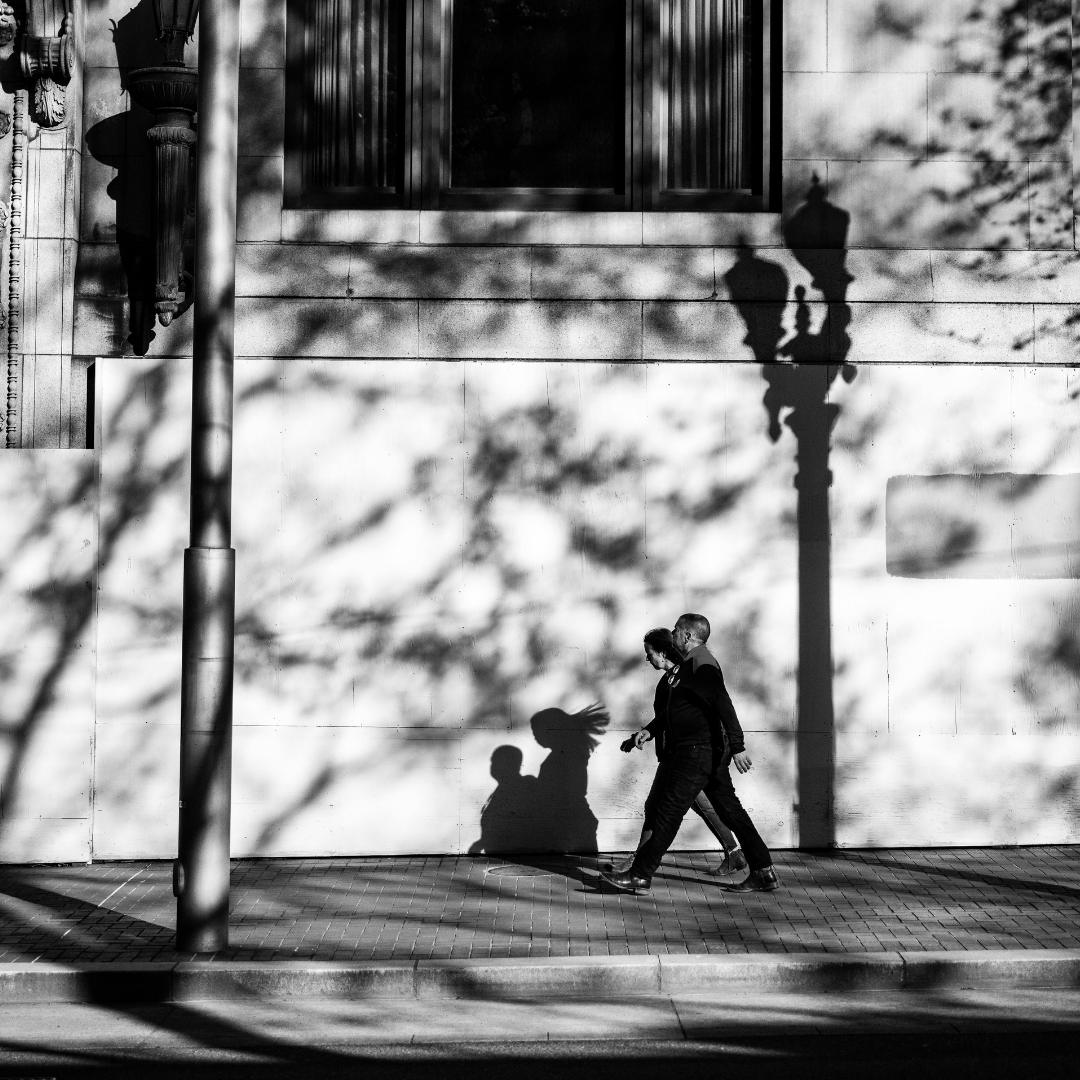Why do I feel sick after eating? Causes of Nausea, Bloating, and Tummy Aches

Most of us have experienced that uncomfortable moment after a meal when we think, “Why do I feel sick after eating?” For some, it happens once in a while after a big dinner. For others, it’s a recurring issue, they feel bloated, nauseous, or even say “I feel sick all the time.”
The good news is that in many cases, these symptoms are linked to common and manageable causes. Let’s explore why you might feel sick after you eat, what could be behind persistent bloating and tummy ache, and when it’s worth checking in with a healthcare professional.
Why do I feel sick after eating?
Feeling unwell after meals can happen for many reasons. Sometimes it’s as simple as eating too quickly or choosing heavy foods. Other times, there may be an underlying digestive issue. Because the gut is closely linked to our overall health, nausea or bloating can also reflect food intolerances, stress, or imbalances in how our digestive system processes food.
Common causes of feeling sick after eating
Here are some of the most common reasons why you might feel nauseous, bloated, or uncomfortable after a meal:
-
Eating too much or too quickly
When we eat large portions or eat in a hurry, the stomach stretches, making it harder to digest food smoothly. This can trigger nausea, fullness, and sometimes even reflux. -
Indigestion (dyspepsia)
Indigestion is a broad term for discomfort in the upper abdomen. It can cause burning sensations, bloating, belching, or queasiness — often worsened by fatty, spicy, or acidic foods. -
Acid reflux or heartburn (GERD)
If stomach acid flows back into the oesophagus, it can create a burning feeling in the chest along with nausea. This is more common after large meals, when lying down soon after eating, or when bending over. -
Food intolerances and sensitivities
If you regularly feel bloated and tummy ache after meals, food intolerances could be a factor. Common examples include lactose (in dairy), gluten (in wheat and other grains), and certain fermentable carbohydrates (FODMAPs). -
Food poisoning or infection
If you suddenly feel sick after eating and it’s accompanied by vomiting, diarrhoea, or fever, it could be food poisoning. Usually, this settles within a few days, but staying hydrated is key. -
Gallbladder or bile issues
The gallbladder helps digest fats. If it isn’t functioning properly or if gallstones are present, nausea, bloating, and discomfort (especially after fatty meals) can result. -
Gastroparesis (delayed stomach emptying)
In some cases, the stomach doesn’t empty food as it should. This can cause nausea, vomiting, and feeling full after only a small amount of food. -
Stress and anxiety
The gut and brain are closely connected. Feeling anxious can slow digestion, increase stomach acid, and make nausea or stomach aches more likely after meals.
Bloating and tummy ache after meals
Bloating and abdominal pain are among the most common digestive complaints. They can happen for many reasons: swallowing air when eating quickly, eating gas-producing foods (like beans, cruciferous vegetables, or carbonated drinks), or reacting to specific ingredients.
If you’re often bloated and have a tummy ache after meals, it may help to:
- Eat slowly and chew thoroughly
- Keep a food diary to track possible triggers
- Reduce fizzy drinks and chewing gum
- Seek professional support if symptoms are frequent or severe
Why do I feel sick all the time?
Some people search “why do I feel sick all the time” because their nausea isn’t just linked to food. Persistent nausea may be related to:
- Ongoing infections
- Hormonal changes (e.g. pregnancy)
- Migraines
- Side effects of medication
- Chronic digestive conditions (e.g. ulcers, IBS, inflammatory bowel disease)
- Stress or anxiety disorders
If you’re consistently feeling sick all the time, it’s important to seek medical advice to rule out underlying issues.
After eating, feel nauseous? When to see a doctor
Occasional post-meal discomfort is common, but there are times when you shouldn’t ignore it. See a doctor if you experience:
- Severe or persistent nausea and vomiting
- Unexplained weight loss
- Ongoing abdominal pain or bloating
- Difficulty swallowing
- Blood in your vomit or stool
These “red flag” signs may indicate a more serious condition that needs medical attention.
Tips to support digestion and gut health
For everyday support, simple lifestyle shifts can make a difference:
- Eat smaller, balanced meals instead of large portions
- Focus on whole foods rich in fibre, which supports regular digestion
- Stay hydrated throughout the day
- Limit high-fat, fried, or highly processed foods
- Manage stress with relaxation techniques, movement, or journaling
- Keep a food and symptom diary to share with your GP if needed
Many people also find it helpful to nourish their gut with foods and drinks that contain fibre and live cultures to support everyday gut balance, especially when paired with a varied, plant-rich diet.
The bottom line
If you’re wondering “why do I feel sick after I eat?” you’re not alone. Occasional nausea or bloating after meals is often linked to common causes like overeating, indigestion, or food intolerances. But if you’re feeling sick all the time, or if symptoms are severe, it’s important to speak to a healthcare professional.
By paying attention to your body, making small lifestyle changes, and supporting your gut health with nourishing foods and drinks, you can often reduce discomfort and feel better after eating.



